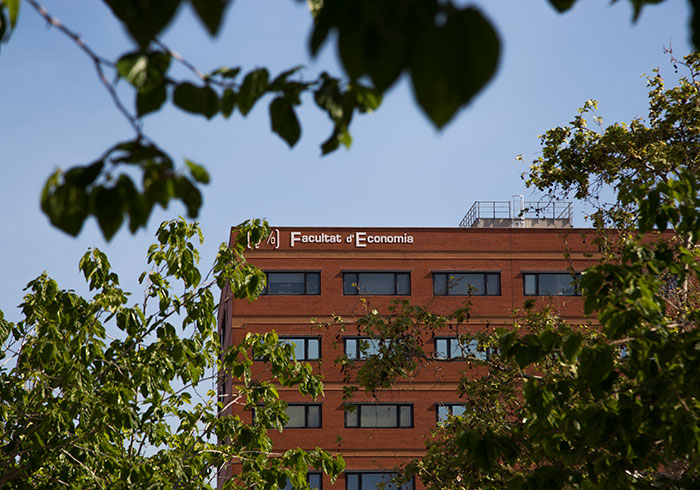A congress analyses the challenges that Valencia must tackle in order to consolidate itself as a sustainable city
- Office of the Vice-Principal Sustainability, Cooperation and Healthy Life
- November 13rd, 2017

The Faculty of Economics host on Tuesday 14 November the I Congress ‘Valencia and its economy: a sustainable model is possible.’ This meeting will count on experts from the Universitat de València who will discuss the basic principles of the development of the city through three parallel tables -innovation, networks and territorial resources-
The opening ceremony will be celebrated at the hall of the Faculty of Economics at 9 a.m. The councillor for Tourism of the City council of València, Sandra Gómez; the vice-principal for Territorial Projection and Participation of the UV, Jorge Hermosilla; the dean of the Faculty of Economics of the UV, José Manuel Pastor; and the director of the Institute of International Economics of the UV, Amparo Cervera will participate.
The meeting will involve 20 professors and specialist in various areas of the Universitat de València, who will present their diagnostic proposals and needs of future investigations about business innovation processes, the social economy, the formation of human capital, trade, gender networks for the transformation of the productive model, etc.
This congress organised by the Faculty of Economics and the Office of the Vice-Principal for Territorial Projection and Participation, in collaboration with the City council of Valencia, has its origin in the day 'Keys to the economy of Valencia: towards a sustainable Mediterranean city', which was held a year ago and served to focus the key aspects of the economic development of Valencia and its metropolitan area.
The professor of commercialisation and market research, Amparo Cervera, has explains that the general aim of the sustainability in a city is to promote a territorial organization that provide a greater energetic efficiency, an increase in mobility and accessibility among people and the distribution of assets and services, increasing the human accessibility and connectivity and the social cohesion.” In conclusion, “enable a better quality of life for the population as a whole,” pointed out the organizer of the Congress.
The vice-principal Jorge Hermosilla has highlighted the commitment of the Universitat de València with its economic, social and territorial environment and has pointed out that, through this congress, the academic institution aims to favour “a process of defining the economic and territorial model of the city of Valencia, which will allow the Valencia City Council to fix and focus the problems and potentialities, define and assess the set of critical factors, and design a coherent set of action lines, in coordination with territorial capacities."
More information:













